Russia supports Syrian leader Bashar al-Assad for historic, economic and strategic reasons.
The United Nations estimates that, since the Syrian uprising began in March 2011, as many as 15,000 people have lost their lives. Unlike the 1982 Hama massacre, when Bashar al-Assad’s father, Hafez, brutally put down a Muslim Brotherhood uprising that saw 10,000 to 40,000 people killed, the current conflict in Syria has gathered enormous global attention.
Those outraged by Russia’s opposition to military intervention in Syria tend to lose track of the ties between the two countries that stem from the Cold War. When, after World War II, the Soviet Union and the US emerged as the dominant world powers, the Middle East and its oil reserves became a focal point for both. After Syria joined a pro-Soviet pact in 1955 along with Egypt, Nikita Khrushchev poured more than US$200m in military aid in the following five years. Following Egypt’s defeat by Israel in 1973 and Gamal Abdel Nasser’s acceptance of US mediation, Syria became a central aspect of Soviet policy in the Middle East. Between 1980 and 1990, military supplies reached $26bn, making Soviet arms account for over 90% of Syrian military equipment.
Why Does Russia Oppose Intervention in Syria?
It is believed that economic benefits are the main reason for Russia’s current position on Syria. As a de facto client state of the Soviet era, with a brief fissure in the 1990s, Syria became the fifth largest buyer of Russian weapons in 2011, with contracts of up to $3.8bn. From 2007 to 2010, arms exports to Syria doubled from $2.1bn to $4.7bn, while supplies to Iran dipped from $2.1bn to $300m in the same period. Russian investments in the Syrian economy were at around $19.5bn in 2011.
In 1997, Russian contracts for the development of Iraqi oil fields were priced at $3.5bn. Through careful investment and diplomacy, Russia gained control over one third of the region’s oil and almost half of its natural gas output by 2001. All these benefits were lost with the invasion of Iraq. In February 2012 Russia announced new plans to modernise its military-industrial complex by 2020. The country therefore needs Syria as a business partner – that, and stable, high oil prices.
Politically, Syria remains Russia’s strategic ally in the Middle East – one of the last. In the Soviet era, Syrian opposition to US-backed negotiations on the Arab-Israeli conflict gave Russia access to the peace-making process. The Soviet naval base at Tartus, currently the only Russian military base outside the former Soviet Union, provided a means of countering US presence in the region, especially during the escalation of the conflict in Lebanon in 1982. Although its tactical importance is disputable, its symbolic value is unquestionable. Tensions over Iran’s nuclear programme and former President Dmitri Medvedev’s 2010 ban on arms sales to Tehran in compliance with UN sanctions, leaves Syria as perhaps the only real foothold Russia has left in the region. Even despite a recent thaw with Tehran.
Putin Feels Threatened
For Vladimir Putin, newly re-elected for his third term as Russia’s president amid mass protests, the situation in Syria raises unpleasant parallels. Many commentators compare the autocratic solidarity and illegitimacy of the Putin and Assad regimes. US Senator John McCain’s warning that the Arab uprisings will soon come to Moscow may have done more damage than intended. Comparisons in the media of the Arab uprisings with the fall of communism in Central and Eastern Europe are also hardly helpful.
Even after the Cold War ended, and especially after the unsanctioned Kosovo campaign of 1999, Russia continues to view the West and the US not only with suspicion, but as a direct threat to its strategic and national interests, bringing regime change too close to home. When the humanitarian campaign in Libya ended in the overthrow of Muammar Qaddafi, Russia was put ill at ease and felt ‘betrayed’ by the West. Surrounded by a number of weak states on its borders, Russia has every reason to question not only the motivations of NATO powers but also their readiness to intervene in what Russia views as internal conflicts.
The Parallel of Islamic Extremism
Another key element of Russian support for Syria is its own unabated struggle with Islamic extremism in the North Caucasus. The protracted, brutal conflict in Chechnya, though officially over, has created a simmering insurgency not only in Chechnya but also neighbouring Dagestan that often spills out into terrorist attacks. While this is a regular occurrence in the region, it also affects the rest of Russia as the deadly attacks on the Moscow metro in 2010 and the Domodedovo airport in 2011 demonstrate.
Although commentators agree that an Arab uprising-style revolution is unlikely to flare up in either the Central Asian republics or the North Caucasus, chaos in the Middle East and Islamists gaining power would bolster the cause of the Caucasian jihad.
This attitude helps explain Russia’s ties with Iran and its conservative clerics. By aligning with the regime in Tehran, Russia has managed to minimise its support to Chechen separatists, while Iran has also been a useful ally in combating drug and human trafficking.
Indeed, Russia is less optimistic than the West about democratic values being upheld by the current opposition in Syria and Putin has warned that Western attempts to impose democracy might lead to the rise of Islamism that can spread to the North Caucasus. He should be careful, however. The pro-Chechen website KavkazCenter, often accused of extremist propaganda, has published condemnations of the massacres of innocent Muslims by "Putin’s friends" in Syria. In trying to keep a political ally in power for the sake of stability in the region, the Russian government risks unleashing yet another raging grievance in its backyard.
Is Opposing Military Intervention Harmful to Syria?
With the failed Kofi Annan Plan, and the new unity government plan seemingly unrealistic, there currently seems to be no real alternative for a peaceful solution in Syria.
It is unlikely that the US will act without a UN resolution. After all, with the frequent explosions in Damascus and the continued massacres of civilians throughout the country, the situation in Syria closely resembles the beginning of the Iraqi insurgency. And the Obama Administration will have to think twice before committing itself to anything more substantial than pushing for a ceasefire agreement.
The other solution is to arm the opposition — which would escalate the civil war — in hope that the rebels will win. This strategy is more than risky, given the murky, volatile state of the Syrian opposition, which seems to have lost all identifiable parameters.
The question that needs to be asked is whether the Russian and Chinese opposition to military intervention is harmful to Syria, or whether it is the sensible option in a conflict that has escalated beyond the point where humanitarian intervention would have been effective?
Russia and China might be at fault for having protracted the negotiations. But, aside from the cynical geo-political considerations listed above, Russia, and indeed China, might be genuinely worried about the consequences of supporting an unidentified opposition.
They must, however, be careful lest its definition of ‘autonomy’ becomes synonymous with unchecked government power, both at home and abroad. Indeed, one must also keep in mind that to ask Russia to support military intervention against Syria and its ruling Ba’ath Party, would not be too unlike expecting the US to intervene in Israel on behalf of the Palestinians – if a Syrian-style civil war were to erupt there.
Realpolitik is alive and well, and it is tragic that Syrian civilians are paying the price for its continued health.
The views expressed in this article are the author's own and do not necessarily reflect Fair Observer’s editorial policy.
Support Fair Observer
We rely on your support for our independence, diversity and quality.
For more than 10 years, Fair Observer has been free, fair and independent. No billionaire owns us, no advertisers control us. We are a reader-supported nonprofit. Unlike many other publications, we keep our content free for readers regardless of where they live or whether they can afford to pay. We have no paywalls and no ads.
In the post-truth era of fake news, echo chambers and filter bubbles, we publish a plurality of perspectives from around the world. Anyone can publish with us, but everyone goes through a rigorous editorial process. So, you get fact-checked, well-reasoned content instead of noise.
We publish 2,500+ voices from 90+ countries. We also conduct education and training programs
on subjects ranging from digital media and journalism to writing and critical thinking. This
doesn’t come cheap. Servers, editors, trainers and web developers cost
money.
Please consider supporting us on a regular basis as a recurring donor or a
sustaining member.
Will you support FO’s journalism?
We rely on your support for our independence, diversity and quality.


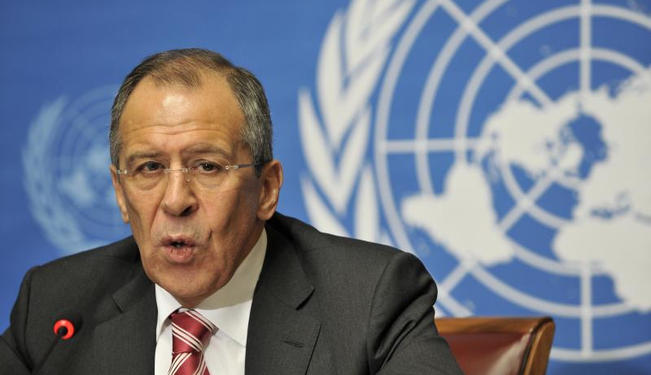
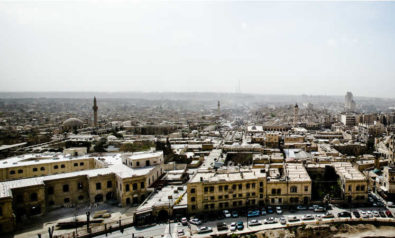


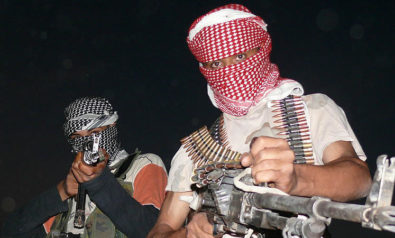
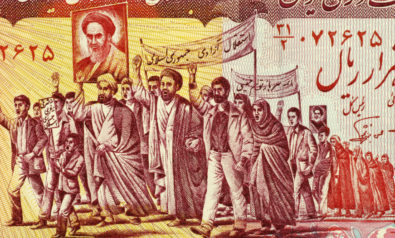

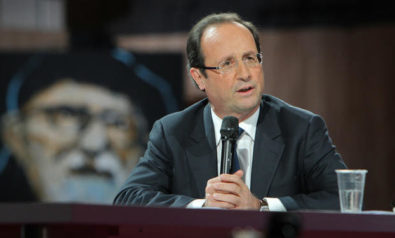
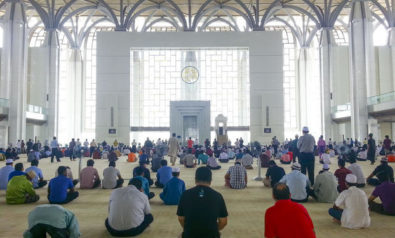

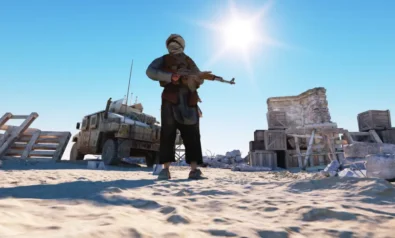

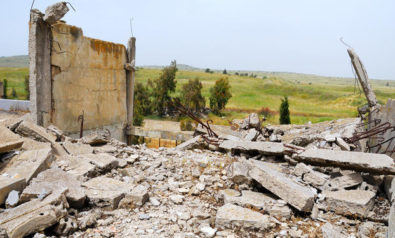


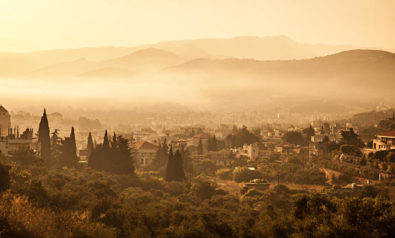
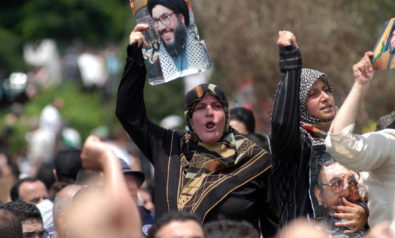
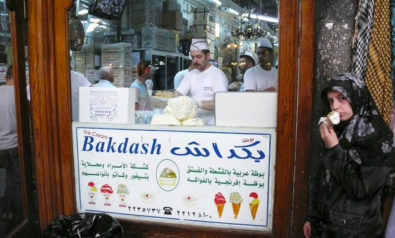


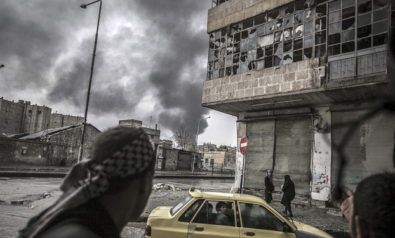
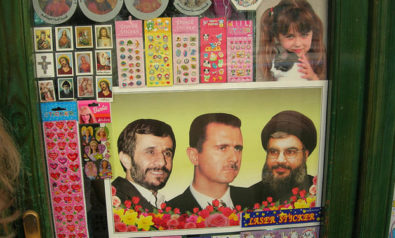
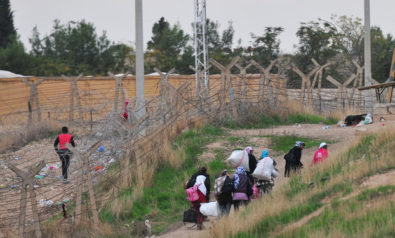

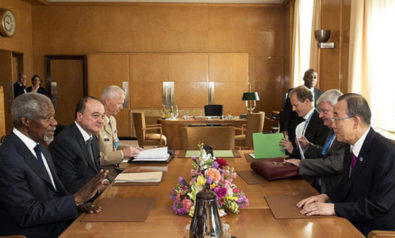
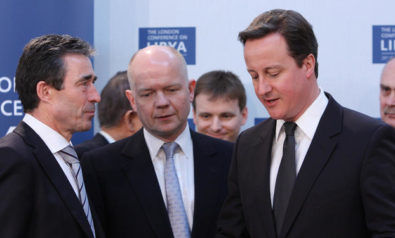

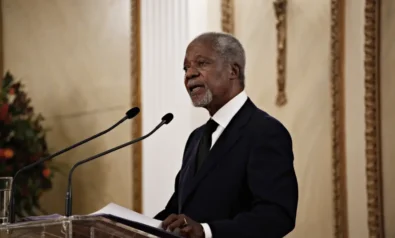
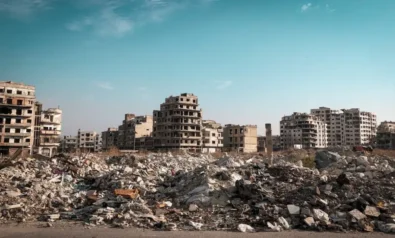
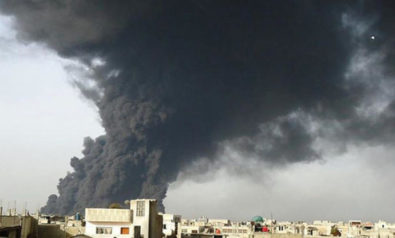

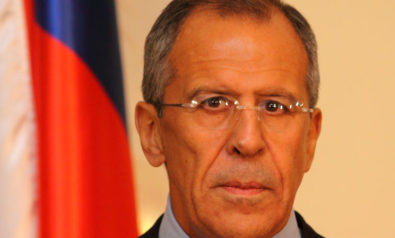
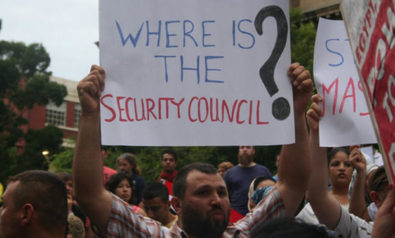
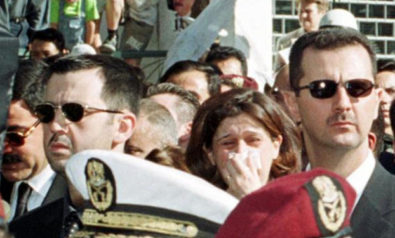

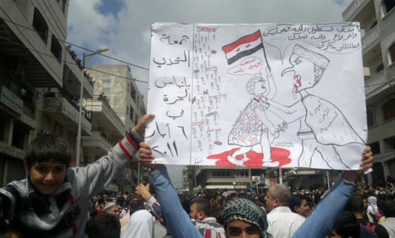
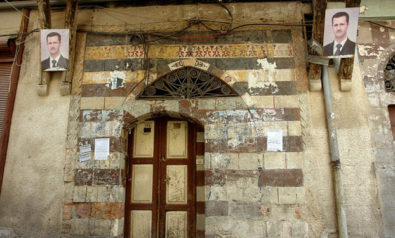

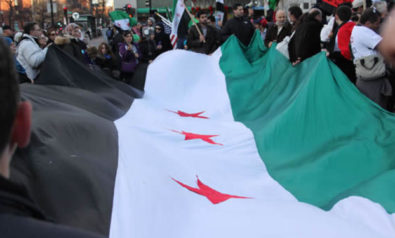

Comment